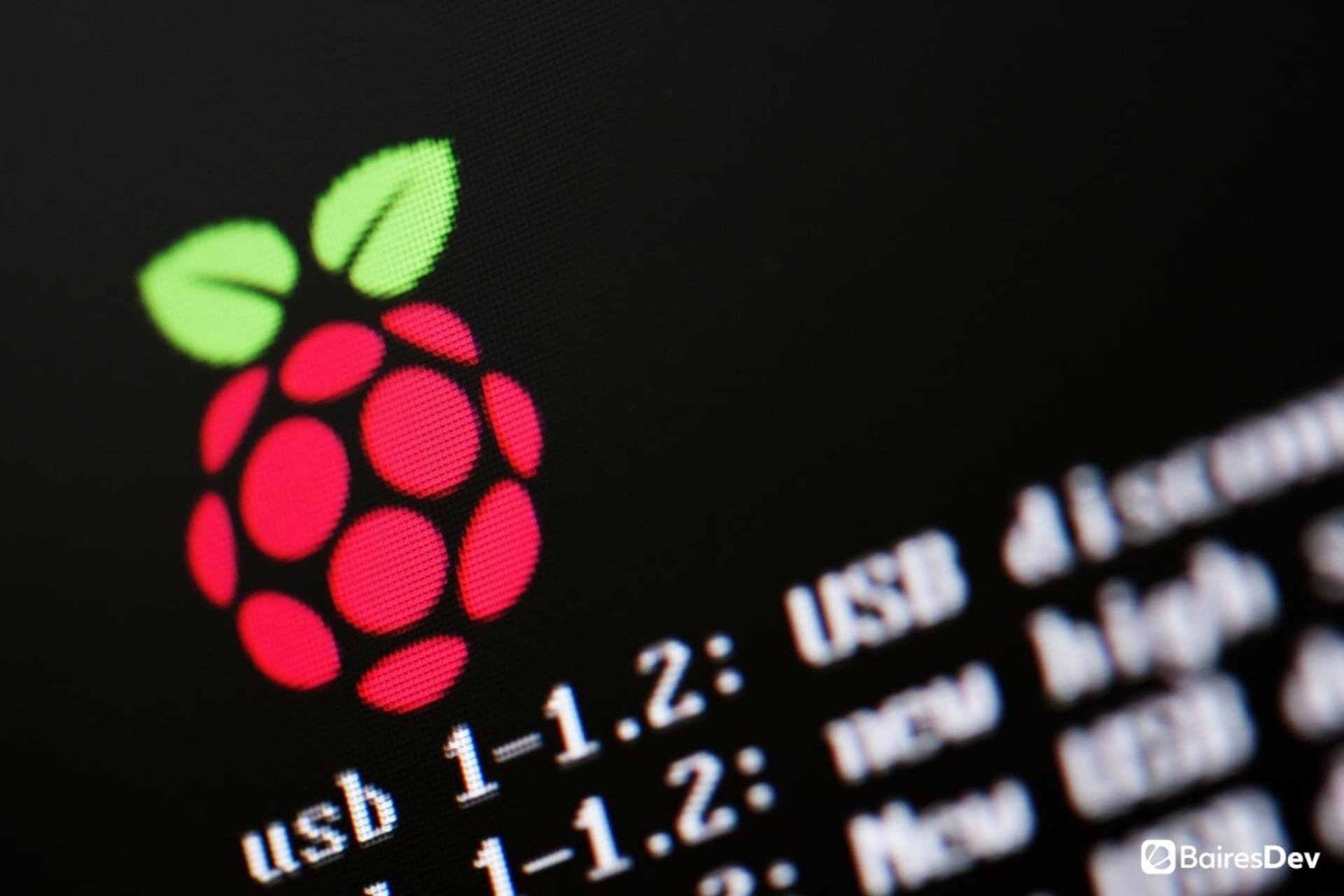When your business needs to expand its technology, chances are your operations and development team either deploy a new server to the data center (be it bare metal or virtual) or turns to your third-party cloud host. And they’re probably spot-on for making such a choice. After all, the traditional server model has worked for decades and will continue to do so.
That doesn’t mean, however, those standard deployment types are the only option. In fact, there’s another possibility you could choose for certain use-cases. That option is the single-board computer, such as the Raspberry Pi.
What is a Single-Board Computer?
The term single-board computer is a bit misleading, as it makes it sound as if the computer is comprised of a single circuit board. Although that is the case, it is also the case with many desktop computers that use a motherboard with built-in network, display, and soundboards.
What the single-board computer name really means is that everything is baked into the board. In other words, things like RAM, CPU, and storage are permanently soldered to the circuit board and cannot be changed. With a standard computer, RAM, CPU, and internal storage can be replaced (for upgrades or maintenance). With an SBC, those items cannot be replaced, which does somewhat limit them but does add a level of practicality and simplicity to the option.
Single-board computers are often referred to as embedded systems and are used for things like controllers, IoT devices, robotics, kiosks, and media servers. These tiny computers make for an outstanding way to expand what your company offers either to the internal workflow or even to customers and consumers.
Still not sold? Let’s dig in and find out exactly why your business should be making use of the Raspberry Pi single-board computer.
Cheap Deployments
One of the biggest benefits of using single-board computers (such as the Rasberry Pi) is that they’re very cheap. You can purchase a Raspberry Pi SBC from $15.00 to $35.00. And given what you can do with those devices, that’s cheap. Imagine creating a cluster of Linux-based computers at that price point? You can’t beat that. And because they’re so cheap, your company will be able to deploy these systems at a higher frequency than you would standard PCs.
With the low cost of SBCs, your business might even enjoy a bit more creativity with its deployments. These systems can also serve as cheap testbeds before rolling out full-blown applications and services to the public.
Flexibility
Besides being cheap, SBCs make for a great way to add flexibility to your business. Consider this: You see a trend happening within your particular sector and want to jump on board as quickly as possible. With single-board computers, that level of flexibility is made possible. Not only are these devices simple to deploy, but they can also be used for myriad possibilities.
One other thing to keep in mind is that you can even find single-board computers already built for the exact use-case you need. If not, these devices, by design, are very easy to develop for and with. Since nearly all SBCs run Linux, you can develop with your language of choice. Java, JavaScript, .NET, Python, PHP, and even C++ are among the numerous languages you can work with on a Raspberry Pi.
Experimentation
You probably have things you’d love to try out with your business, such as robotics, AI, controllers, and sensors for just about every imaginable environment. To experiment with these types of technologies on standard hardware isn’t always viable. Instead, you can make use of inexpensive, easy to deploy SBCs. Should one of those deployments fail, the loss is minimal (in both time and cost).
Low Power Consumption
Imagine deploying hundreds of standard computers to an environment that doesn’t have the necessary power to supply those systems. It may not only fail to be up to code, but it could also cost you a considerable amount of your allotted budget for utilities.
Deploying SBCs for that instance could alleviate those problems because they draw very little power. For instance, a Raspberry Pi 4 consumes a mere 3.8 W to 4.0 W while idle. When a single core is in use, the same device only consumes 4.5 W. With 2 cores in use it will consume 5.0 W, and 3 cores in use could ready 5.5 Ws. in comparison, an average desktop can use between 65 to 250 W.
Easy Development Platform
One thing to keep in mind is that the SBC can be used as a great development platform. This is especially true if your business plans on expanding into the realm of IoT. By employing single-board computers as an additional development platform for your team, they’ll already be a step ahead, once you start working Internet of Things into the mix.
But beyond IoT, since Raspberry Pi systems run Linux, your developers can use these devices are development platforms for anything they’d create for frontend or backend deployments. Connect a Raspberry Pi to GitHub and that tiny computer can be used in the office, at home, or anywhere they can attach it to a monitor, keyboard, and mouse. And with all the necessary languages and frameworks already available to Linux, your software engineers won’t miss a beat.
Conclusion
The Raspberry Pi single-board computer is an option your business should consider. Save money, add flexibility to your workflow, and even experiment with new use cases and implementations. Given the cost savings these devices offer, that’s a win-win scenario.







